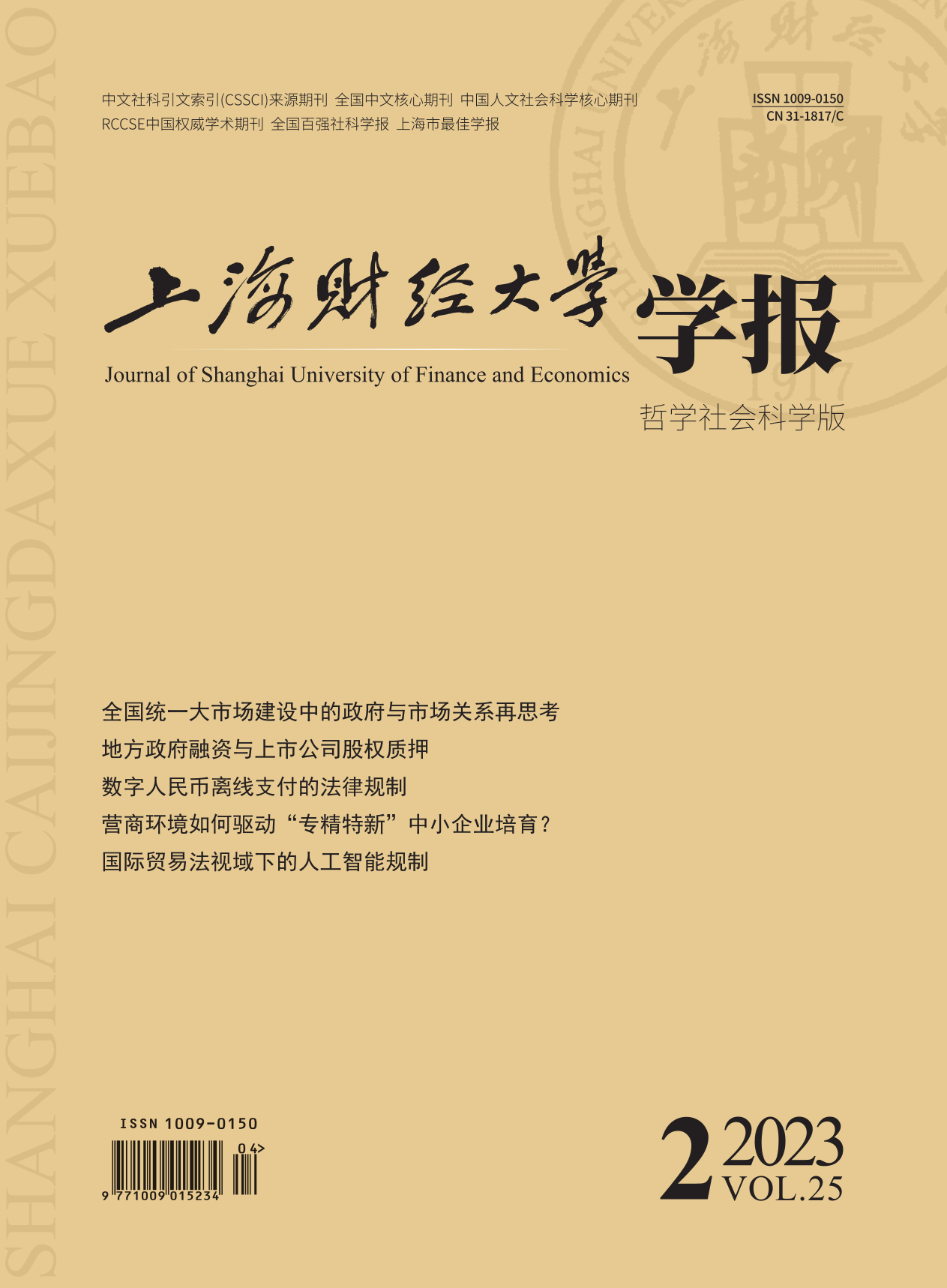The reform of national-local tax collection and management system is an important measure to meet the needs of China’s economic development. In 2015, the Reform Plan for Deepening the Reform of National-Local Tax Collection and Management System, issued by the General Office of the Central Committee of the CPC and the General Office of the State Council, pointed out that it is necessary to “reduce the cost of tax payment and improve the efficiency of tax collection and management” “enhance the compliance degree of tax law”, and promote the “deep integration of services, appropriate integration of law enforcement, and high aggregation of information” of NTB-LTB. Under the guidance of this plan, China’s tax authorities achieved merger in July 2018. This merger is intended to standardize corporate tax behavior and its related financial behavior by strengthening the “compulsory force” of tax collection and management and improving the “public credibility” of tax collection and management. However, the existing literature mainly focuses on the “deterrent effect” of the “compulsory force” of tax collection and management under the NTB-LTB merge reform, while little focuses on whether the “public credibility” of tax collection and management under the NTB-LTB merge reform can exert and how to exert the “incentive effect”. Taking the NTB-LTB merge reform in 2018 as a natural experiment, this paper selects A-share listed companies from 2008 to 2021 as the sample to empirically test the impact of the NTB-LTB merge reform on corporate tax compliance and its impact mechanism. The results show that the NTB-LTB merge reform improves the degree of corporate tax compliance. The mechanism test shows that the NTB-LTB merge reform promotes corporate tax compliance by reducing institutional transaction costs, improving tax source information transparency and reducing the degree of tax competition among regions. Further research shows that the NTB-LTB merge reform only plays a significant role in improving the degree of corporate tax compliance in regions with high a level of the rule of law, a high level of marketization, a high level of tax personnel ability, and a high degree of fiscal decentralization. This paper examines the NTB-LTB merge reform on corporate tax behavior from the new perspective of the reform of “service-oriented” tax collection and management system, and more comprehensively reveals the operating mechanism of the NTB-LTB merge reform, which enriches the literature on the economic consequences of the reform of national-local tax collection and management system, and provides empirical evidence for the government to further improve the supporting policy of the NTB-LTB merge reform and promote the modernization of tax collection and management system.
 / Journals / Journal of Shanghai University of Finance and Economics
/ Journals / Journal of Shanghai University of Finance and EconomicsJournal of Shanghai University of Finance and Economics
LiuYuanchun, Editor-in-Chief
ZhengChunrong, Vice Executive Editor-in-Chief
GuoChanglin YanJinqiang WangWenbin WuWenfang, Vice Editor-in-Chief
Reform of National-Local Tax Collection and Management System and Corporate Tax Compliance: Evidence from a Natural Experiment on the NTB-LTB Merge Reform
Journal of Shanghai University of Finance and Economics Vol. 25, Issue 02, pp. 33 - 48 (2023) DOI:10.16538/j.cnki.jsufe.2023.02.003
Summary
References
Summary
Cite this article
Zhao Yujie, Sun Xuejiao. Reform of National-Local Tax Collection and Management System and Corporate Tax Compliance: Evidence from a Natural Experiment on the NTB-LTB Merge Reform[J]. Journal of Shanghai University of Finance and Economics, 2023, 25(2): 33-48.
Export Citations as:
For
ISSUE COVER
RELATED ARTICLES




 6296
6296  6277
6277

